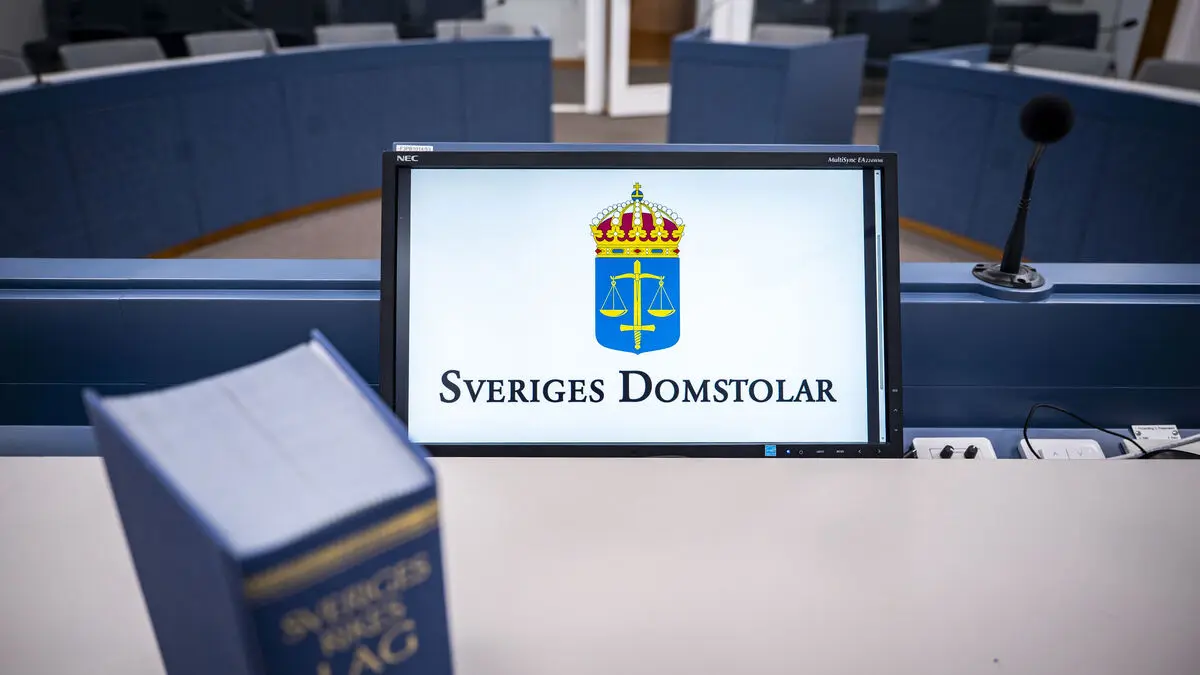The Swedish Association of Health Professionals welcomes the Social Democrats' proposal for a 35-hour workweek.
I think it's great that politics understands the importance of reducing weekly working hours. The 40-hour workweek is outdated, says Ribero.
However, the goal of a 35-hour workweek by 2035 is too far away, according to the Swedish Association of Health Professionals.
Our groups cannot wait that long. We are already preparing for the 2025 collective bargaining round with this issue on the agenda. It is the most important issue for our members right now.
Critics believe that it will be difficult to manage staffing with shorter workweeks. That's the opposite, according to Ribero.
You need to take the cost of reducing weekly working hours into account in order to ensure competence supply – to provide the population with good healthcare and to create a good work environment.
The Swedish Trade Union Confederation (LO) also has a clear mandate from its congress to drive the issue of reduced working hours and will pursue the issue through collective bargaining, says LO Chairman Johan Lindholm.
"The burden increases"
Minister for Employment Johan Pehrson (The Liberals) fears that shorter working hours will lead to an increased workload:
"If you work less, you also get less done. You can't get away from that. More needs to be done to make it easier for families to balance work and leisure, but the Social Democrats' proposal risks resulting in the opposite. Reducing working hours in a situation where there is already a shortage of staff, not least in schools and healthcare, will lead to an increased burden on existing staff and make it harder for ordinary families to balance their lives", he says in a written comment.
Against the Swedish model
Mattias Dahl, Vice President of the Confederation of Swedish Enterprise, says that the proposal from the working group is wrong in method and substance – and goes against the Swedish model.
This model is based on the idea that it is the trade unions and employers who should come up with proposals, negotiate and agree on important issues on the labor market – such as working hours.
The work in different industries varies, where trade unions and employers need to be able to adapt and find solutions, according to Dahl.
Then to say that everyone should work in a certain way, with decrees from above, becomes wrong.






